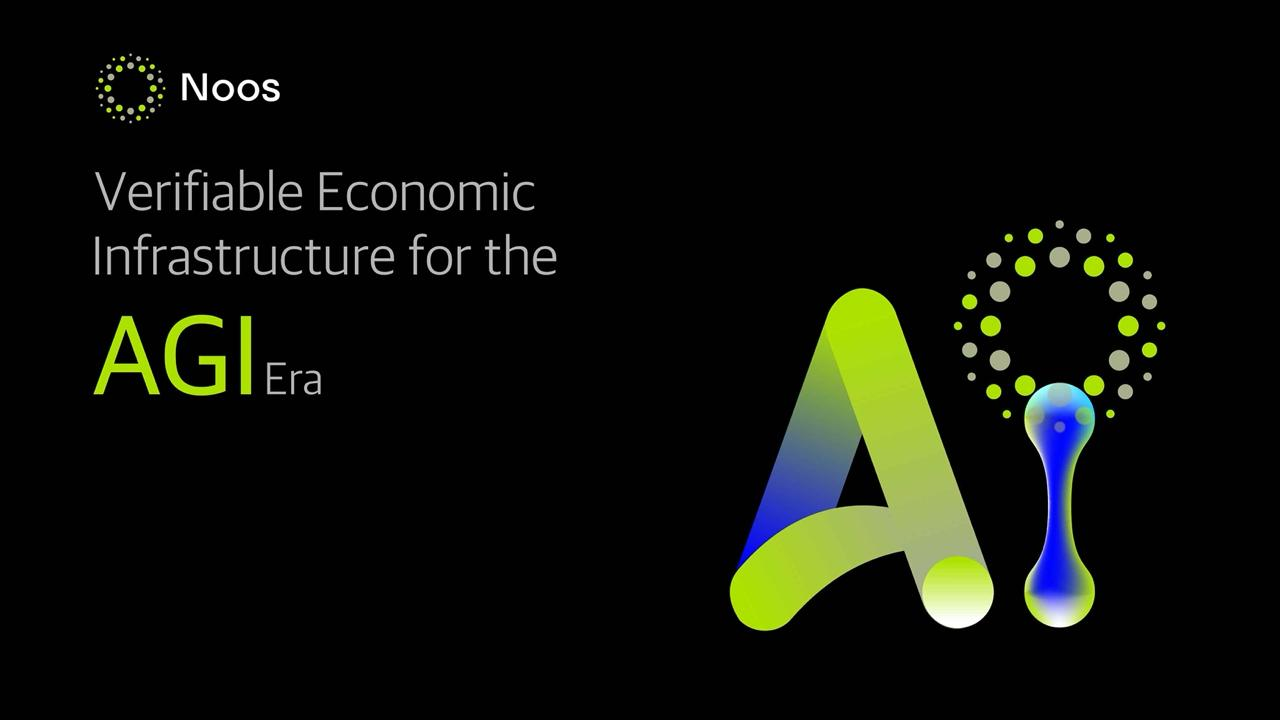Author: CryptoSherry
September 28, 2023
In the world of cryptocurrencies, innovation never sleeps. It's a realm filled with complex protocols, tokens, and technologies. Amidst this bustling landscape, a new player is emerging – "Runes." But what exactly is Runes, and why is it causing a stir in the crypto community?
In straightforward terms, Runes is a brand-new fungible token protocol meticulously crafted for Bitcoin by none other than Casey Rodarmor, the visionary creator behind Ordinals. But what does that mean? Fungible tokens are, essentially, digital assets that are interchangeable with one another. Think of them as the digital version of traditional currency. What sets Runes apart is how it operates within the Bitcoin ecosystem.

To understand why Runes is generating excitement, we need to look at its differences from existing protocols, notably the widely used BRC-20 in Ordinals World (OW). While BRC-20 tokens are associated with addresses, Runes takes a different approach by embedding token records directly into Bitcoin's Unspent Transaction Outputs (UTXOs).
The challenge with BRC-20 tokens lies in their propensity to generate a surplus of unused or abandoned UTXOs. These often go unnoticed, creating a surplus of them that can strain the operation of full nodes. Runes, however, circumvents this problem by making tokens an integral part of UTXOs. This clever approach resolves the issue of UTXO proliferation, as spending Runes necessitates the consumption of UTXOs, thereby encouraging the streamlining of the UTXO set.
Furthermore, Runes takes a bold leap by doing away with the need for a native token. In contrast to some other protocols where a native token is mandatory for specific operations, Runes eliminates this requirement, streamlining the entire process and making it accessible to a broader user base. This approach aligns perfectly with Bitcoin's ethos of simplicity and decentralization.
Casey Rodarmor's introduction of Runes brings a fresh perspective to the world of fungible tokens in the Bitcoin ecosystem. One of the pivotal decisions behind Runes was to utilize the OP_RETURN script opcode instead of alternative methods, such as meta protocols like Ordinals.
The rationale behind this choice is grounded in practicality. OP_RETURN offers a clear advantage when it comes to certain complexities associated with fungible tokens. Unlike some other methods, OP_RETURN simplifies swaps and Partially Signed Bitcoin Transactions (PSBTs). It accomplishes this by ensuring that signatures encompass all the data determining asset movement within a transaction. This streamlined approach removes the need for commit and reveal processes, allowing for a more efficient, single-step issuance of transfers.
While OP_RETURN provides these significant advantages, it also brings the benefit of independence from the Ordinals protocol. This separation simplifies development, ensuring that Runes can evolve independently without being tethered to another protocol. Such autonomy can facilitate quicker progress and adaptation to user needs, unencumbered by dependencies on other systems.

So, what does Runes mean for Bitcoin's future?
In the unveiling of Runes, Casey candidly emphasizes a blunt reality: the world of fungible tokens is often fraught with scams and meme-driven projects. Nevertheless, he acknowledges that these tokens are unlikely to disappear, much like the enduring presence of casinos. In light of this, Casey offers a fresh perspective—Combating magic with magic.
Perhaps these "less-than-ideal" tokens, often referred to as the "altcoin casino," could serve a purpose within the crypto ecosystem. By contributing fees to fortify Bitcoin's infrastructure, they could play a role in reinforcing the very bedrock of digital currency.

Runes may be the breath of fresh air that Bitcoin needs. It offers a simpler, UTXO-based fungible token protocol with a promising user experience. While the world of fungible tokens may be a complex maze, Runes stands out as an exciting development that could benefit Bitcoin's ecosystem. As Casey embarks on developing Runestone, an implementation of Runes, the crypto world eagerly awaits its full realization. It's a testament to the ever-evolving nature of the cryptocurrency space, where innovation knows no bounds. Stay tuned for further updates on the journey of Runes, the new luminary in the Bitcoin cosmos.





All Comments